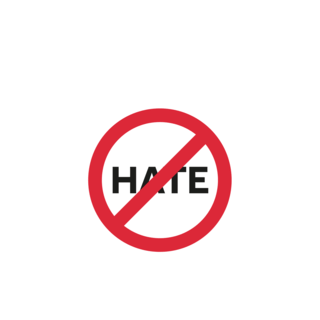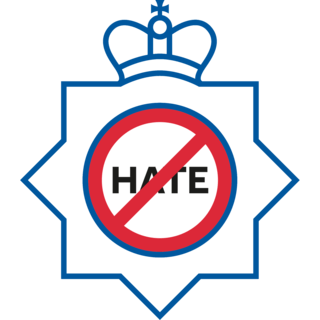The Crown Prosecution Service
The Crown Prosecution Service (CPS) prosecutes criminal cases that have been investigated by the police and other investigative organisations in England and Wales. The CPS is independent, and we make our decisions independently of the police and government.
Our duty is to make sure that the right person is prosecuted for the right offence, and to bring offenders to justice wherever possible.
The CPS:
- decides which cases should be prosecuted;
- determines the appropriate charges in more serious or complex cases, and advises the police during the early stages of investigations;
- prepares cases and presents them at court; and
- provides information, assistance and support to victims and prosecution witnesses.
Prosecutors must be fair, objective and independent. When deciding whether to prosecute a criminal case, our lawyers must follow the Code for Crown Prosecutors. This means that to charge someone with a criminal offence, prosecutors must be satisfied that there is sufficient evidence to provide a realistic prospect of conviction, and that prosecuting is in the public interest.
The CPS works closely with the police, courts, the Judiciary and other partners to deliver justice.
The CPS publishes its Guidance to Prosecutors here;
- Disability Hate Crime and other crimes against disabled people - prosecution guidance
- Homophobic, Biphobic and Transphobic Hate Crime - Prosecution Guidance
- Racist and Religious Hate Crime - Prosecution Guidance
For more information visit the CPS website at www.cps.gov.uk.
Internet Offences
The Director of Public Prosecutions has issued guidance on when Internet based offences should be prosecuted. The guidance can be found here.
International Prosecutors Training
The Council of Europe's HELP Programme has created a pan-Europe online course for hate crime designed for prosecutors and judges in it's 47 member states.
The course is available for any user in the HELP platform.
Users have access by creating an account in the platform.

